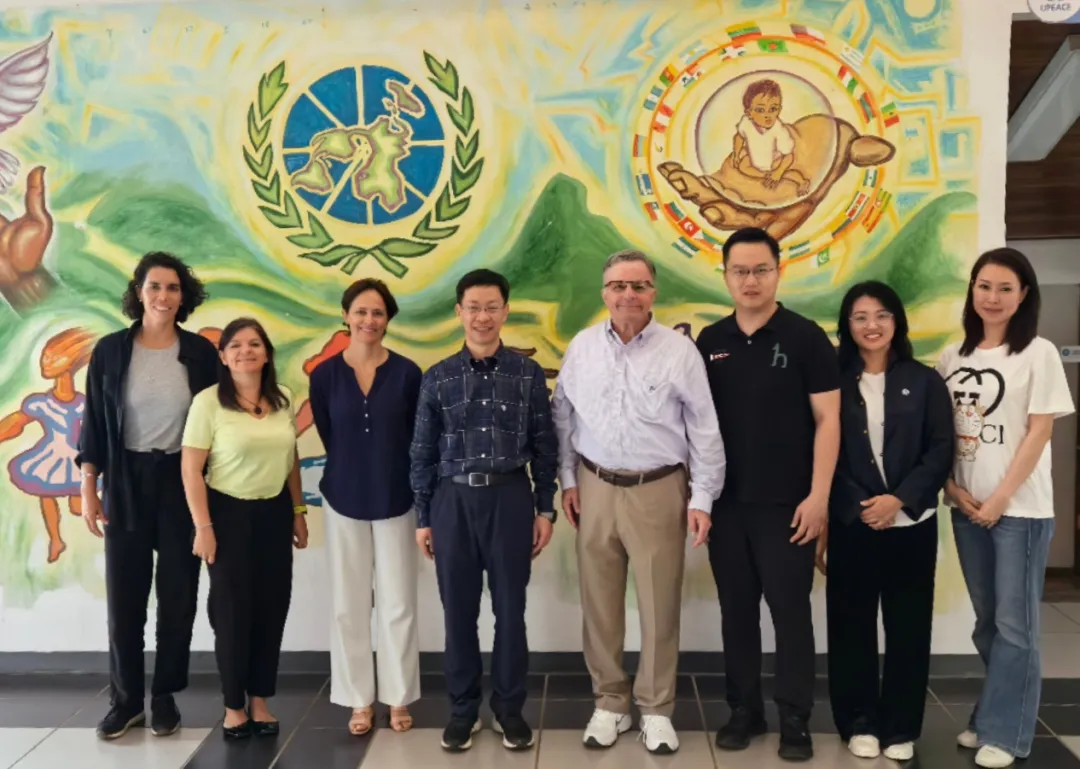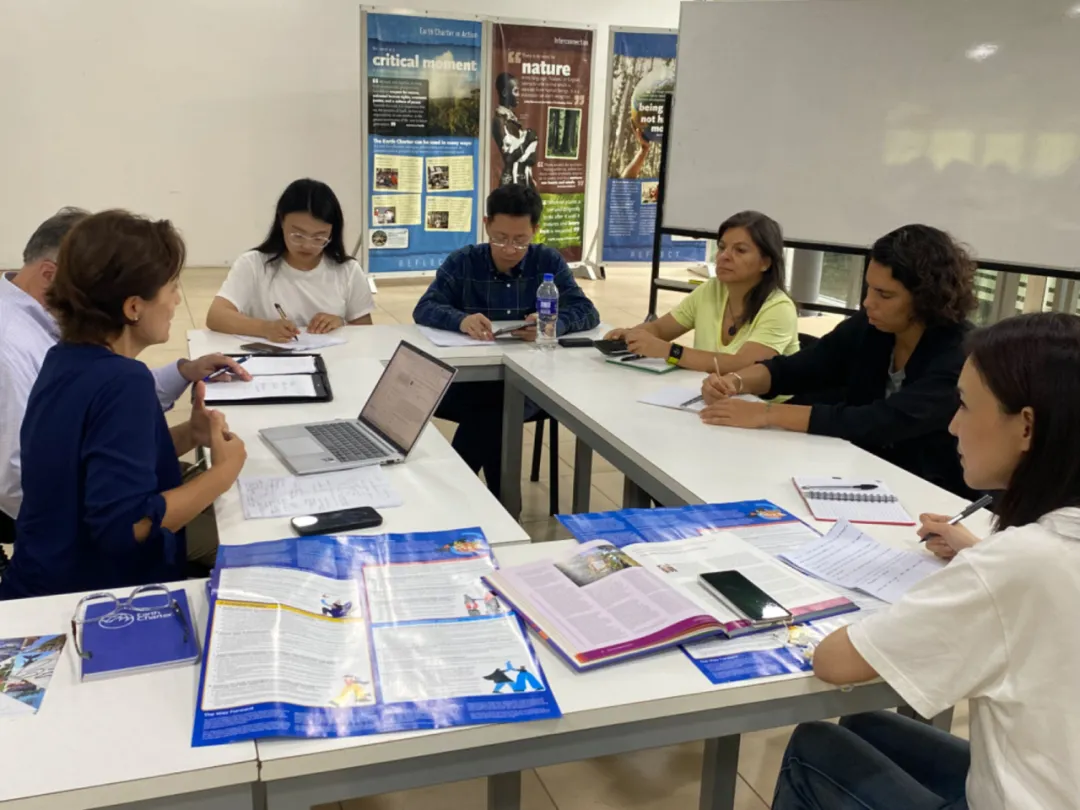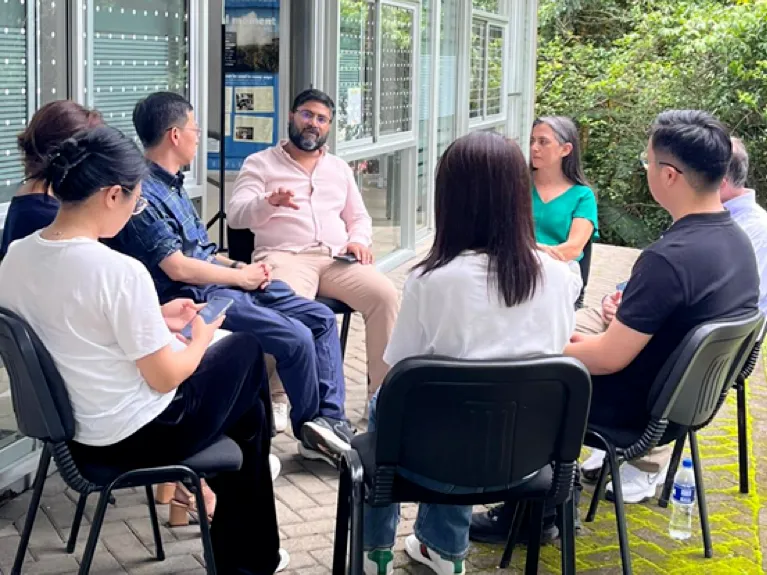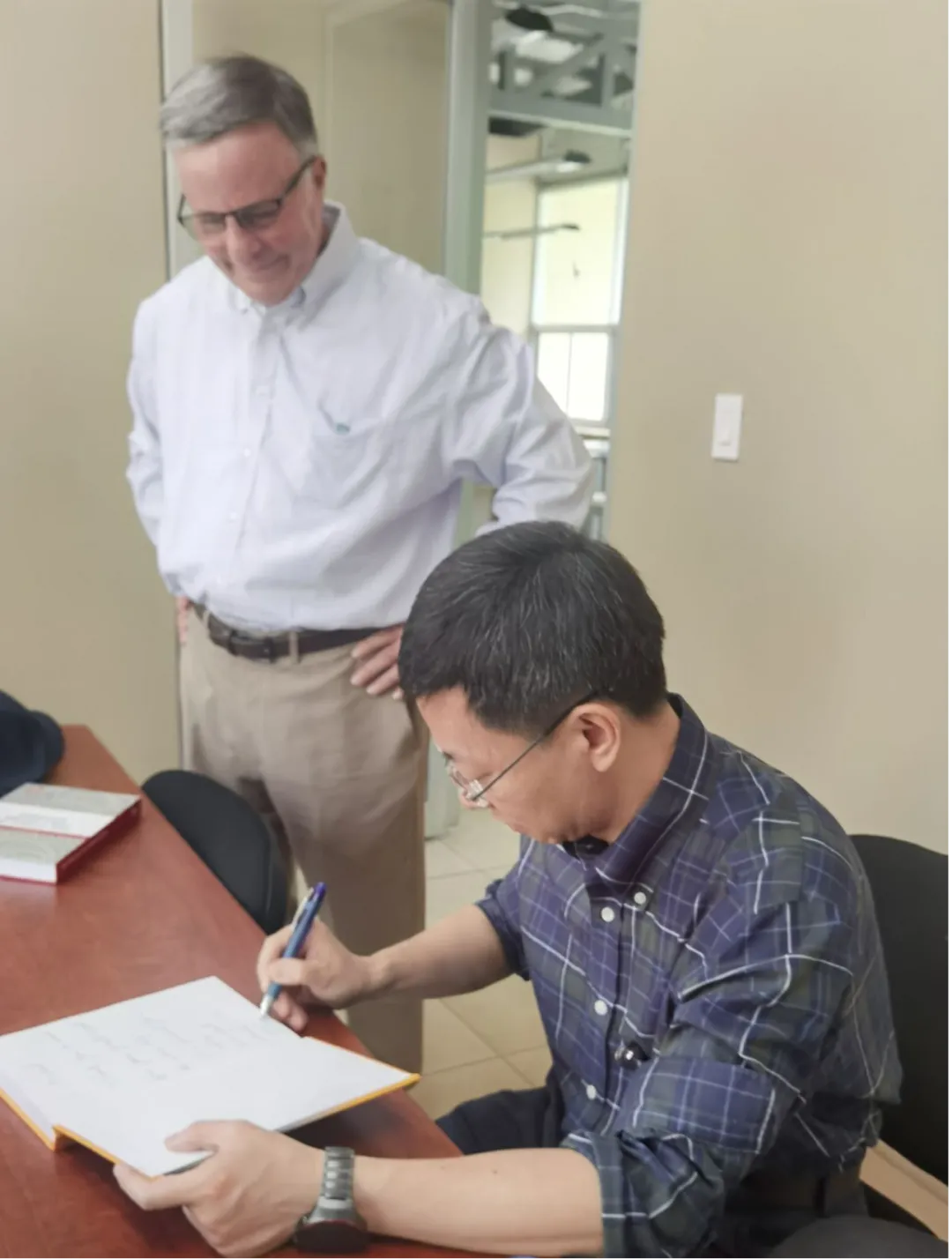Costa Rica is the first Central American country to establish diplomatic relations with China in the new century and has signed a free trade agreement and a Memorandum of Understanding on the Belt and Road Initiative with China in 2010 and 2018, respectively. As General Secretary Xi Jinping has pointed out, the China-Costa Rica relationship could serve as a model for friendly cooperation between countries with different scales and national conditions. To implement the important speeches by General Secretary Xi, create a new frontier for Liaoning’s opening-up, deeply integrate into the Belt and Road Initiative, and fulfill the relevant plans of the provincial CPC committee and government, Liaoning University is actively expanding cooperation and exchange channels with the Costa Rican embassies and consulates, as well as Costa Rican universities, research institutes, and international organizations.

On July 31, a delegation led by Yu Miaojie, a deputy to the 14th National People’s Congress, Fellow of the International Economic Association, Deputy Secretary of the CPC Committee and President of Liaoning University, led a visit to Earth Charter International and the UN-mandated University for Peace. Accompanied by Chen Fu, Deputy Director of the Institute of Environment and Economics, Yin Ruyu, Deputy Director of the Office of International Affairs, and Liu Renliang, a faculty member from Li Anmin Institute of Economic Research, the delegation engaged in discussions on sustainable development with experts and scholars from Earth Charter International and the University for Peace.

The Earth Charter is a global initiative to promote sustainable development and is recognized by UNESCO as an important ethical framework for sustainable development. The work of Earth Charter International is carried out under the Earth Charter Center by the UNESCO Chair of Education for Sustainable Development and operates on the campus of the United Nations University for Peace. Earth Charter International is an international advocacy organization that promotes global sustainability, moral values, and environmental ethics. The United Nations University for Peace was established in 1980 by the United Nations General Assembly resolution 35 / 55, with headquarters in San José, Costa Rica. UPEACE offers master's and doctoral programs authorized by the United Nations General Assembly.

Michael Bracken, President of the Earth Charter International Board, Mirian Vilela, Executive Director, Mihir Kanade, Academic Director and Head of International Law at the United Nations University for Peace, and Adriana Salcedo, Head of the Department of Peace and Conflict Studies, warmly welcomed Yu and his party. Yu Miaojie introduced to the Costa Rica side the specific situation of Liaoning University in the "double first-class" construction, international cooperation, think tank construction and social services, etc., focusing on the latest progress of Liaoning University in sustainable development education. Stressing that the deepening cooperation between Liaoning University and Earth Charter International and the United Nations University for Peace in the field of education for sustainable development is based on the shared concept of green development between the two countries. It is an important part of the Belt and Road Initiative and helps to promote the realization of the concept of sustainable development in higher education. Costa Rica introduced the history and development of Earth Charter International and the United Nations University for Peace, as well as the teaching and research achievements. He also highlighted the characteristics and advantages of education for sustainable development, and expressed his willingness to further deepen cooperation with Liaoning University on the basis of jointly establishing the Earth Charter Education Center to achieve the United Nations Sustainable Development Goals.
